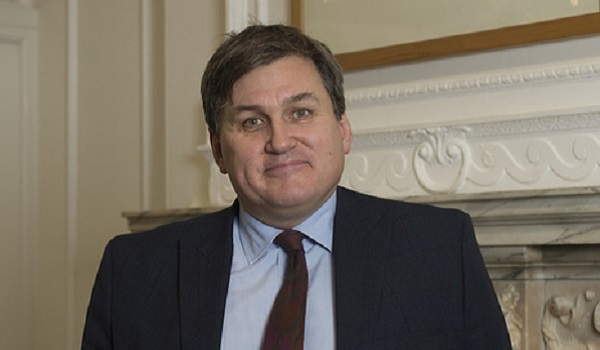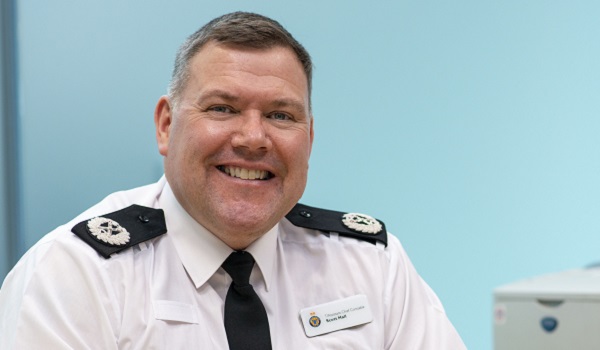Network heralds ‘bright new future’ for UK forensics
A new network that aims to tackle the biggest challenges facing forensic science in the UK – including the lack of accreditation, skills shortages, fragmented approach to services and instability of the commercial marketplace – has been launched by the Minister for Crime and Policing Kit Malthouse.
The Forensic Capability Network (FCN) supports more than 4,000 forensic science specialists across 43 police forces with critical technology, advice and services. Operating as a membership organisation for the forensics community, FCN is hosted by Dorset Police and governed by an executive board of representatives from member forces.
Mr Malthouse said: “The FCN is critical to driving crime down even further. It will play a huge part in creating a bright new future in this area, driving the UK to the forefront of forensic science, solving crime and catching criminals on behalf of the public. I look forward to the exciting breakthroughs, both in investigation and innovation, that FCN will bring.”
Dorset Police Chief Constable James Vaughan, the National Police Chiefs’ Council (NPCC) lead for forensics, said: “Forensics is changing, and FCN is the new network for forces and practitioners to lead that change. The whole forensics community wants to protect the public and enable justice, and we’ll do this best by running the world’s most advanced and coordinated forensics network.
“Without a new approach, forensics is at risk of failing the public we should be serving. Through FCN, the community will connect, solve problems and create opportunities, doing things once on behalf of many. FCN is for policing and by policing, so we are also connecting forces nationally to improve standards and spark innovation.”
FCN is powered by Transforming Forensics (TF), an NPCC programme that is creating new forensic products, services and capabilities that meet the changing needs of policing and the public. The programme gives practitioners new technologies, automation for large-scale data processing and more efficient workflows, and a new focus on digital forensics.
The work of TF to stabilise the forensic marketplace during recent crises was praised by the Forensic Science Regulator Dr Gillian Tully in her annual report this February. She noted that development of a longer-term strategy for sustainable provision of high-quality forensic science was required as a matter of urgency.
“It is my hope that the work [of FCN] will design quality into innovative approaches, in a way that brings together the best of the public and private sectors and academia,” said Dr Tully. “Quality is not optional. Standards need to be implemented across the board if the sector is to learn from the past and improve for the future.”
The network has an annual budget of £5.5 million and employs 27 highly skilled specialists nationwide. Services offered by FCN cover various areas across quality, science, skills, professional advice, operations and commercial, including:
- R&D and innovation programmes;
- A workforce strategy to fix the forensics skills shortage;
- Accreditation support for CSI, digital forensics and fingerprints;
- A scientific advice service across all forensic disciplines;
- A national framework to ensure all forensic practitioners are meeting quality standards;
- Catalogues of forensic capabilities and training providers available nationwide; and
- Procurement and management of commercial forensic service providers
Following the outbreak of coronavirus across the UK, FCN is nationally coordinating the forensics community to maintain service provision and protect practitioners’ wellbeing. Work includes contingency planning, creation of new work packages and activities for practitioners currently required to be home-based.
Mr Vaughan said the coronavirus outbreak has had major impacts on forensic practitioners, many of whom have seen disruption to their daily tasks and access to equipment. “FCN’s ability to take a national view and bring people together is already having an impact,” he added. “It shows the potential of the network to innovate and return clear benefits, as it did during recent marketplace crises.”





